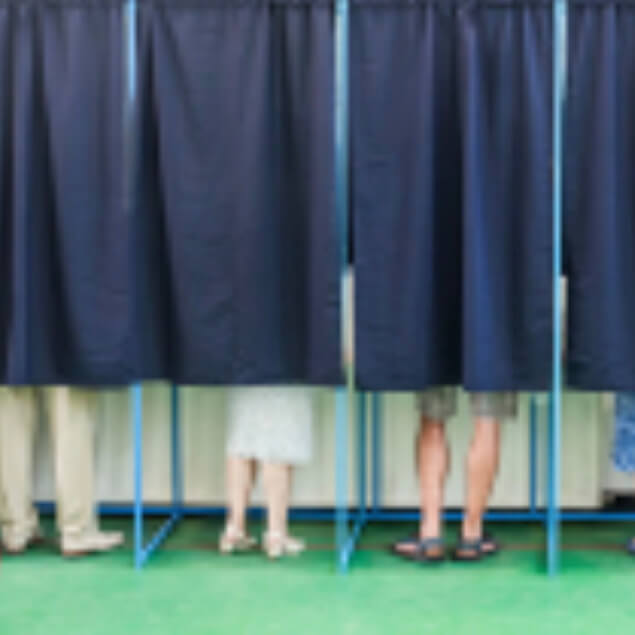What does it mean to govern democratically? Why do people value democratic government? What role, if any, should notions of rights, representation, deliberation, opposition, and liberation play in theorizing about, and in empirical research into, problems of democratic governance? What lessons can we learn about democracy from scholars writing in the traditions of feminist theory and critical race theory? Should democracy extend beyond the boundaries that define the nation-state? Should (some aspects of) the economy be democratized? During the fall of 2022, we will ask these and related questions in the context of, not only the US midterm election but also the crisis facing democracy in the US and other nations. We will engage in debates about contemporary democratic theory, while we follow political developments in the lead-up to and aftermath of the November election.
- understand and compare multiple theoretical models of democracy, especially liberal democracy, deliberative democracy, and contestatory democracy;
- identify, analyze, and think critically about democratic failures, including political inequality, exclusion, domination, and unaccountable government; and
- apply these theoretical concepts to real-world democratic institutions and processes.


